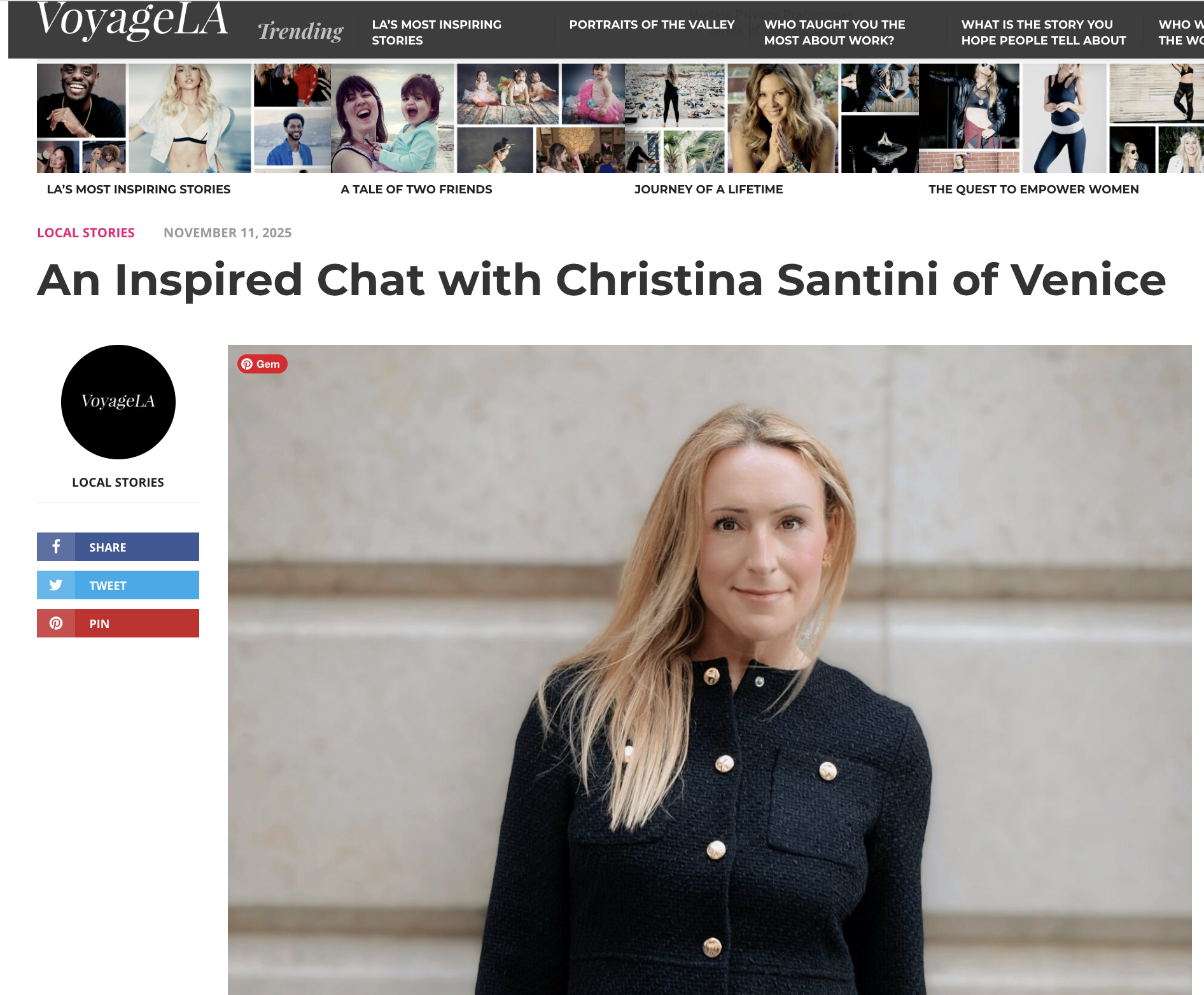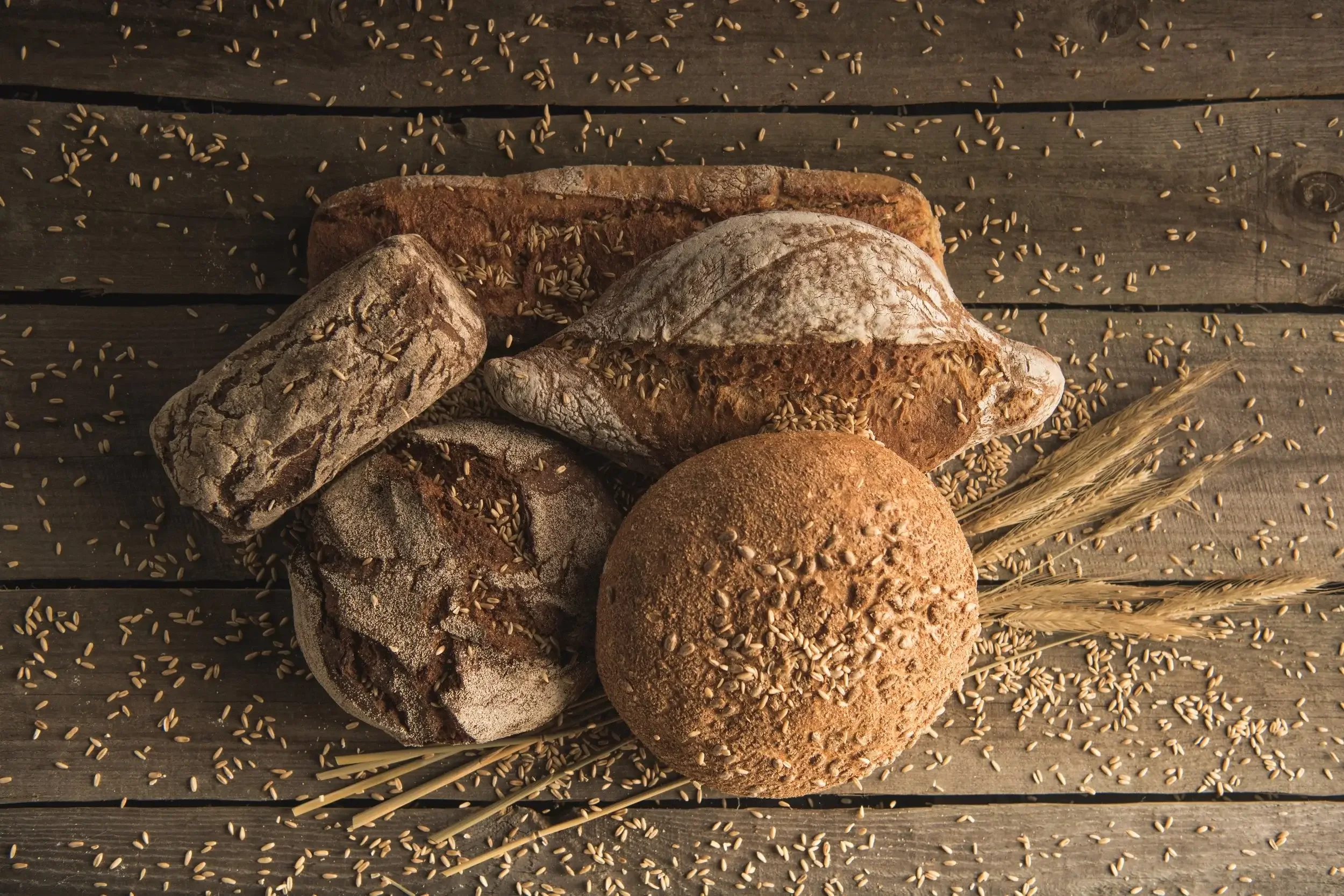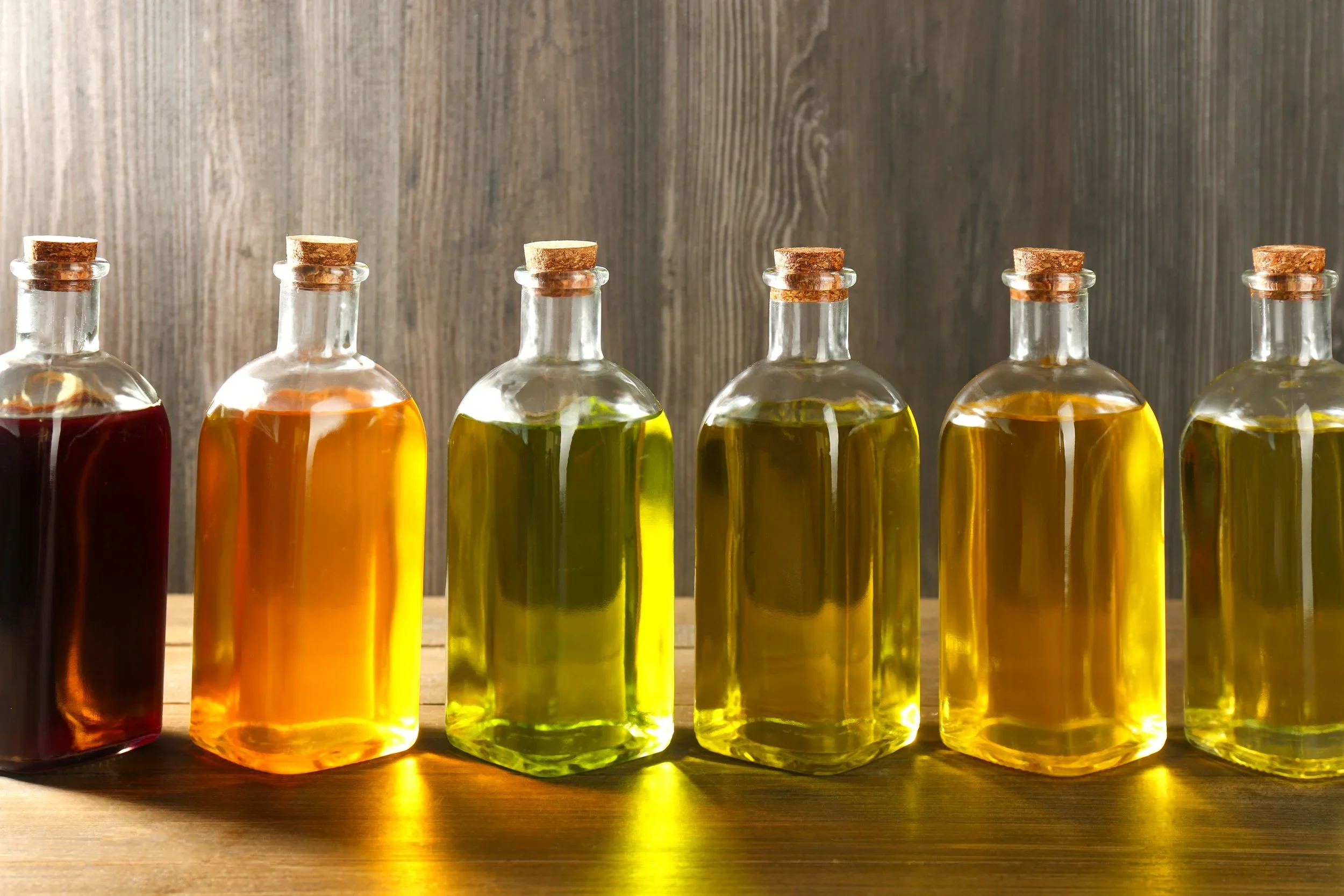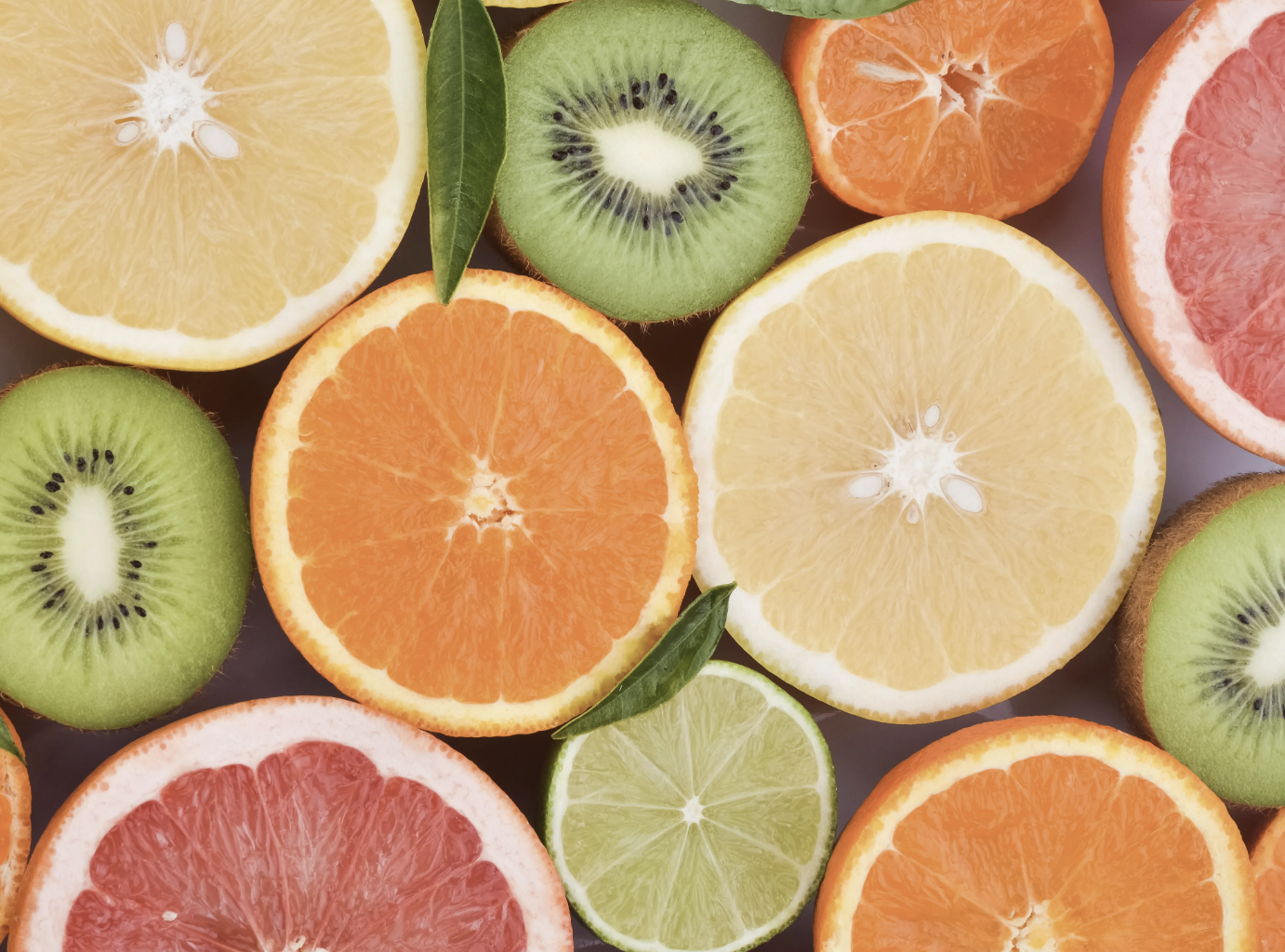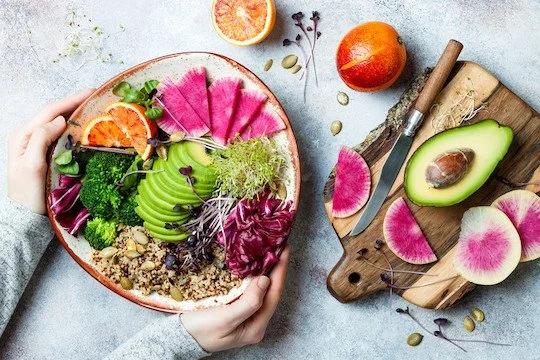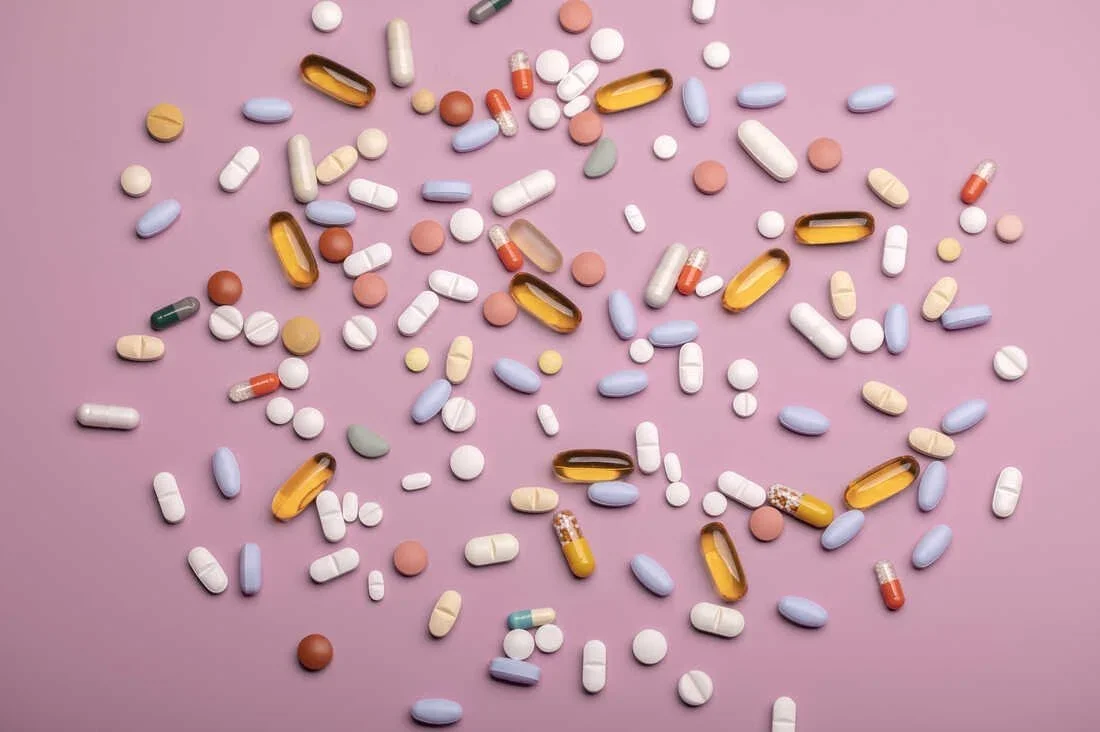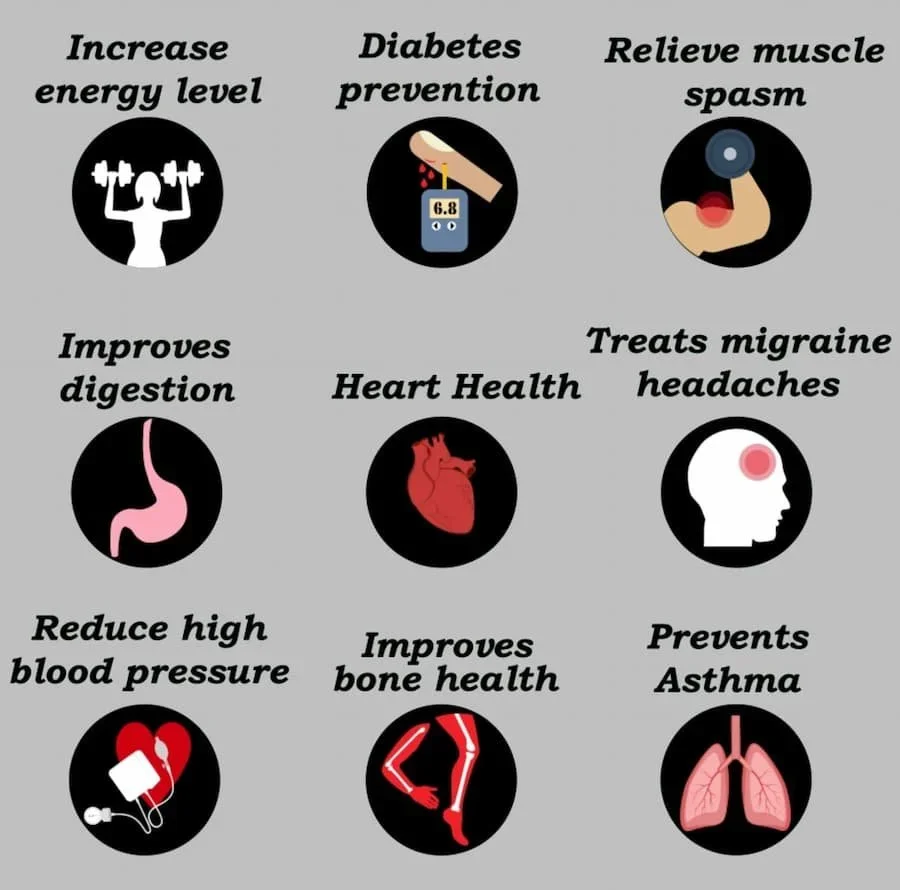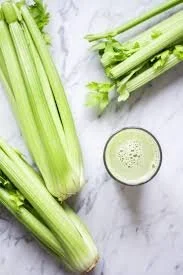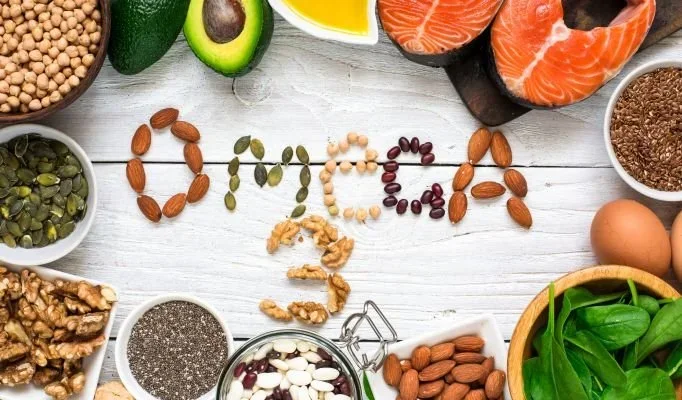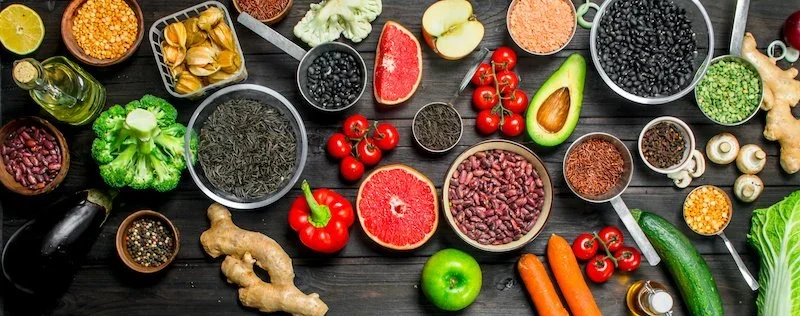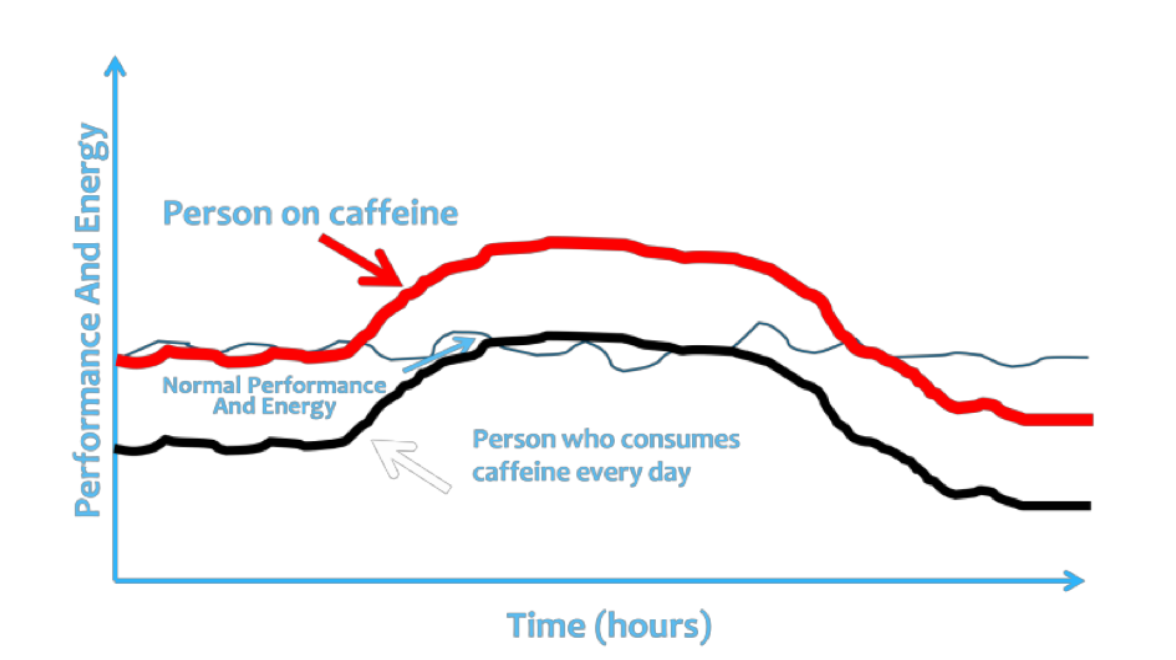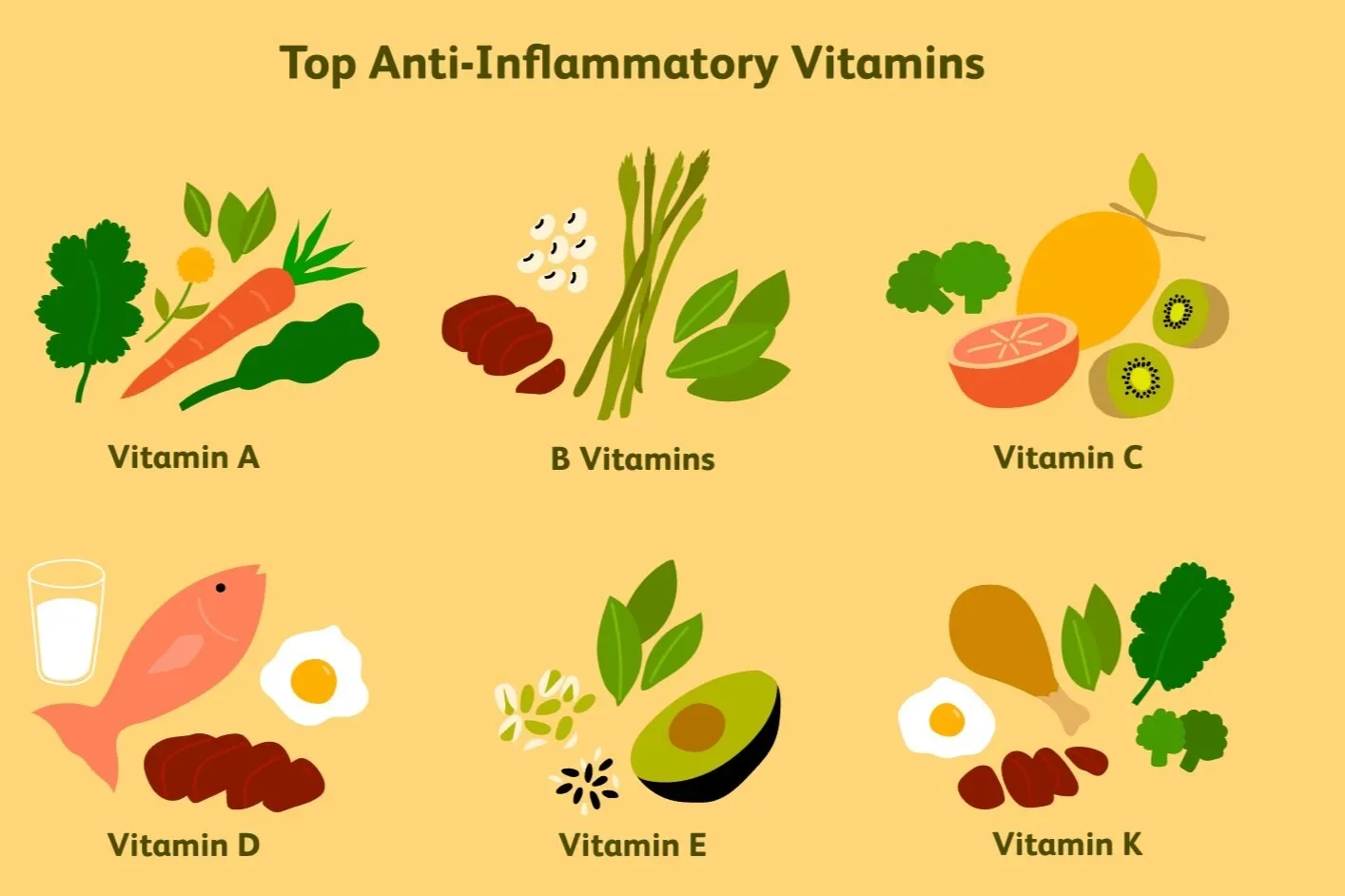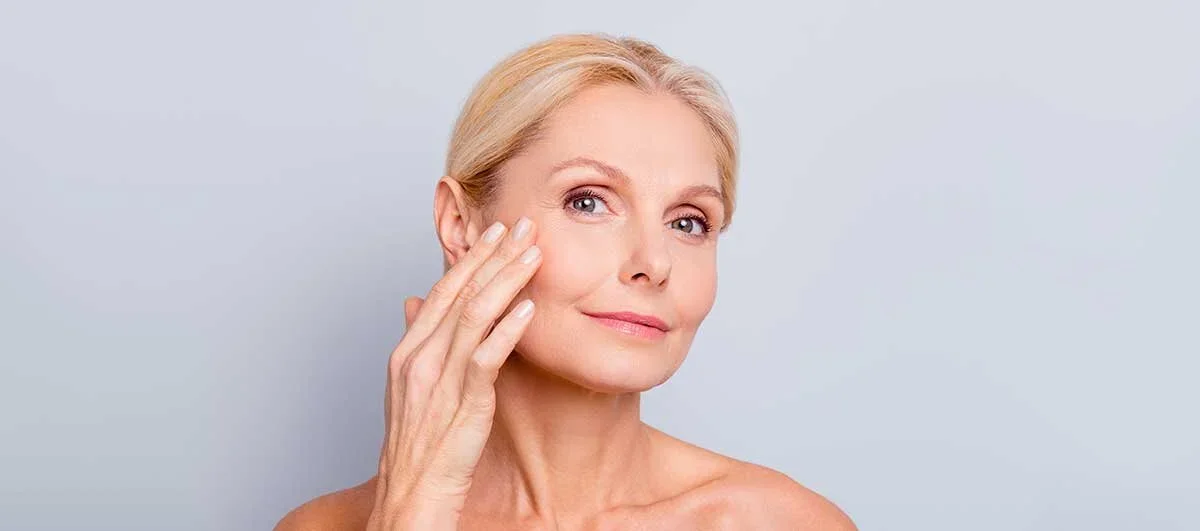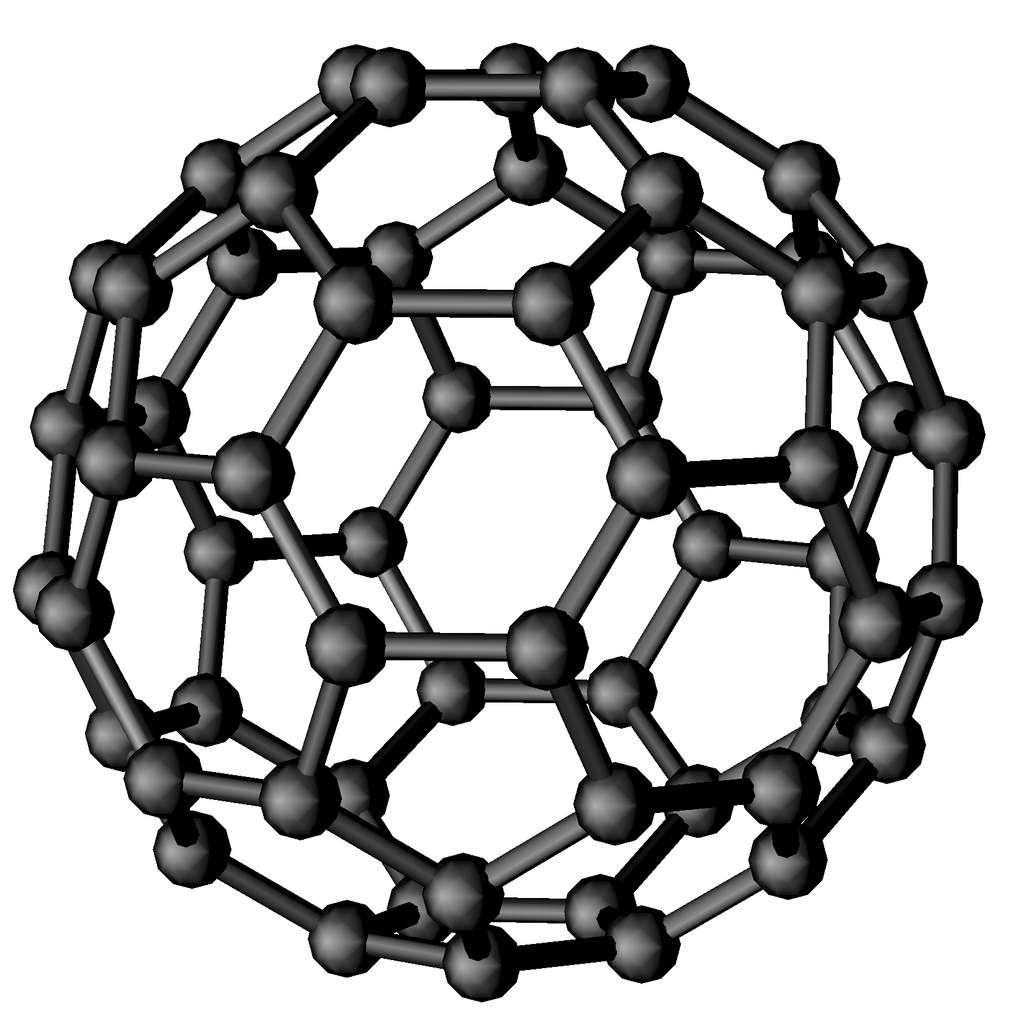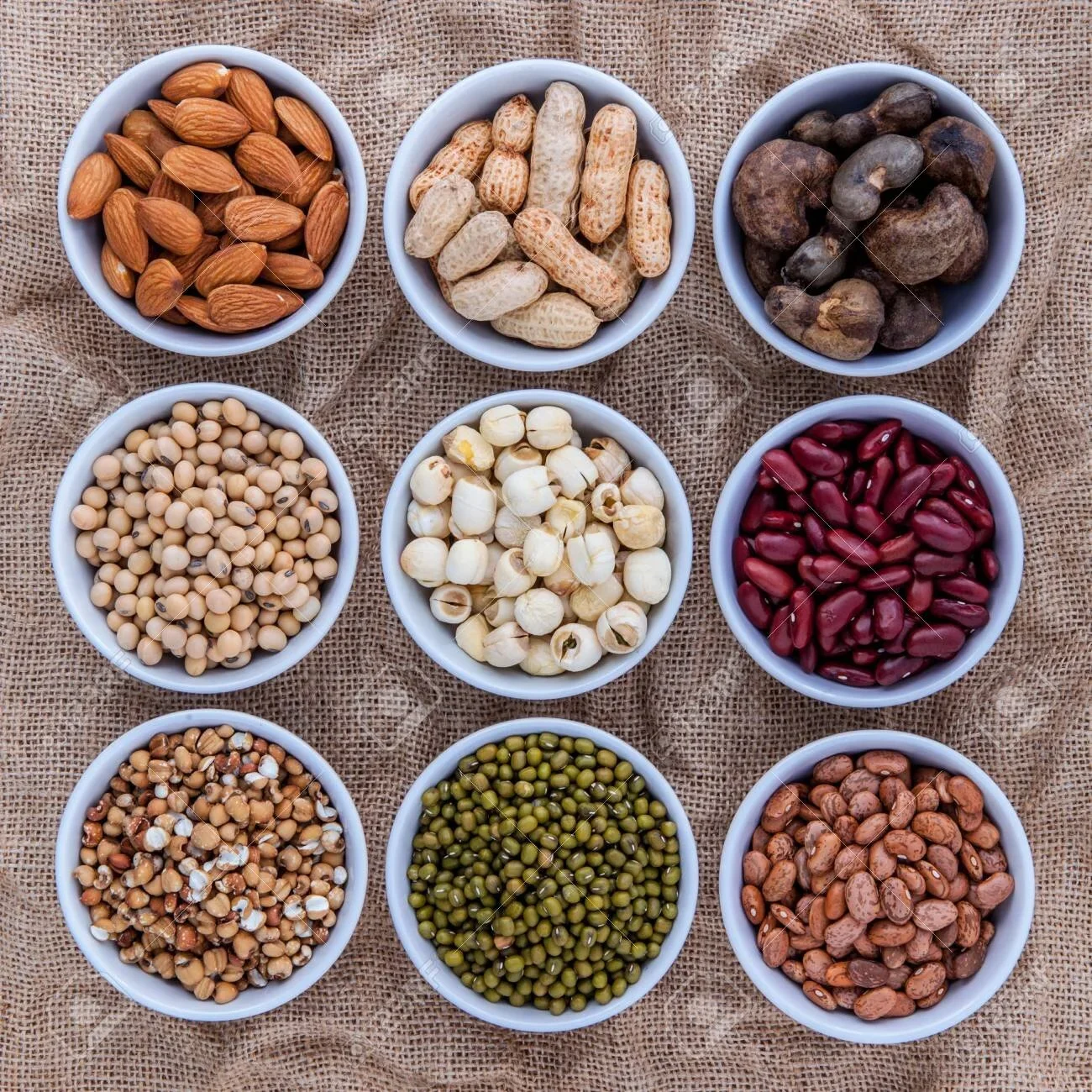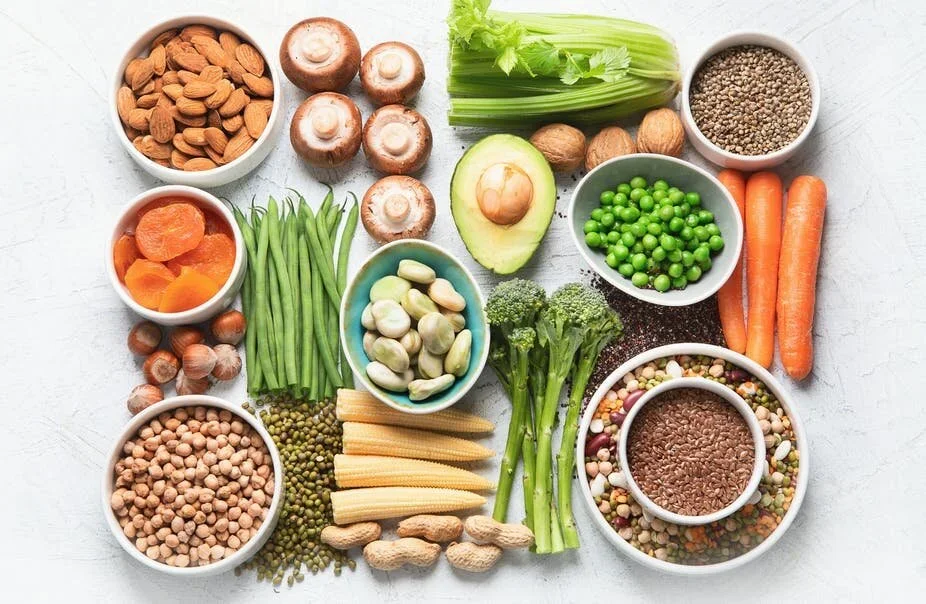
health briefs
This is smart health for real life. Short reads, clear science, practical moves. I show you where better energy, focus, and resilience come from. Follow along for data-driven insights, clinical strategies, and behind-the-scenes perspective on strategic health for individuals and companies.
ARTICLE FEATURE: VOYAGE LA NOV 2025
“Most people silently fear being replaceable – and in serving that fear, they create the outcome they dread.”
Burnout isn’t emotional. It’s biochemical. Before your life falls apart, your labs already show the pattern – cortisol chaos, glucose instability, inflammatory drift, and the physiology of living out of alignment. Performance is killing trust. In work, relationships, and even health, people are performing instead of connecting – and it’s making them replaceable. In my new interview, I talk about why authenticity is cognitively magnetic, why your brain relaxes around congruence, and what actually makes someone irreplaceable.
I also break down my method – where medicine, performance, and strategy meet – and why health becomes leverage, not damage control. And yes: why longevity hype without clinical training is malpractice.
If you want the unfiltered version, read the full conversation here.
Carbs Aren’t the Enemy: Why Your Body (and Liver) Actually Needs Them
Somewhere along the way, carbs got labeled the bad guy. Blame it on the rise of keto, Atkins, or that one friend who swears off bread and calls it "toxins." But here’s the real deal: your body needs carbs. Not just for energy — for focus, for hormone balance, for recovery, and yep, for detoxing too.
In fact, your liver literally depends on carbs to help clear out waste and excess hormones through something called glucuronidation (don’t worry — we’ll get into it).
Are Seed Oils Really That Bad? Let’s Talk Facts — Not Fear
Let’s be honest: if you hang out on health TikTok or deep-dive into wellness podcasts, you’ve probably heard people calling seed oils "toxic," "inflammatory," or even “the root of all chronic disease.”
Seed oils — like canola, sunflower, soybean, and corn oil — have been demonized hard in recent years. But here's the truth: seed oils are not inherently bad, and some of the claims against them are, well… a little overcooked.
Let’s unpack what’s actually true, what’s overhyped, and why omega-6 fats (the main component of seed oils) are literally essential for your body.
Feeling fat and depressed on keto? You may have a defect on your carnitine-transporter
Are you following keto and find that you CANNOT lose weight and rather you are actually gaining weight?
Then it may be because you belong to the group that has a defect in the carnitine transporter.
No one is designed to follow an extreme diet like keto for the rest of their lives - but there may be times when restrictions on certain food groups are necessary due to illness and imbalances.
Even though we humans are bio-individual, we are still built very similarly in terms of how we convert energy in the body and build muscles etc.
There is no good science behind all of these come-and-go theories that exclude carbohydrates for everyone, or fat for everyone, or animal protein for all.
Some of us can thrive on these diets because we - perhaps for the first time in our lives - clean up our bad eating habits and decide to now completely exclude junk food and finally eat "real food". It's always a good idea to eat "real food" from nature, but it doesn't necessarily have anything to do with the ratio or exclusion of carbohydrates/proteins/fats.
However, for people with a defect in the carnitine-transporter, it can be very harmful to eat keto because they have a reduced ability to convert fat (ketones) into energy - and instead store it in the body.
Natural vitamins may be superior to synthetic ones
“There appears to be a tendency to label those who profess that natural vitamins are better than synthetic ones as quacks. This broad brush label may be stifling legitimate nutrition research. This paper describes physiochemical differences between certain natural and synthetic vitamins, proven clinical advantages of natural vitamins, and some of the effects this labeling may lead to. It concludes that lessons of history as well as modern science support the view that natural vitamins are nutritionally superior to synthetic ones.”
Read the full study here: https://pubmed.ncbi.nlm.nih.gov/11090291/
How cold therapy is RUINING your nervous system!
Now admittedly I’ve been winter swimming in icy waters in Scandinavia since I was 3 years old (voluntarily following my mom in the ocean, mind you). I’ve always been keen on the benefits of cold-and-heat alternating therapies and how it can tone our vagus nerve and thereby help alleviate stress and build resilience.
However, right now this cold therapy trend is getting out of control.
This trend is being pushed by influencers with no health education or people without an understanding of the nervous system - yes, even researches focusing on one aspect only i.e. how cold therapy can change our fat tissue. However, this is ONLY one aspect of how cold therapy is affecting us. We need to understand the bigger picture of how something is affecting us LONG-TERM and our body as a whole, before we dive in. Most importantly we need to understand how our own nervous system is wired and what therapies is best matched to that. Too many lack the understanding of doing things in short bursts or in moderation to stress the body short-term in order to build resilience long-term - instead they are pushing the body beyond capacity, staying in ice water for 5-20 minutes with the mantra “more is better” or just being solely focused on changing fat tissue without understanding what large doses of adrenaline release does to the nervous system.
Are you taking synthetic vitamin C?
I am not a big fan of synthetic supplements - and there are plenty of studies supporting that synthetic vitamins are NOT comparable to natural vitamins due to missing co-factors amongst other issues.
Synthetic vitamin C is however what most of us are consuming if we are taking supplements on the regular. And I only recommend synthetic vitamin C if you are acutely fighting an infection as the longterm benefits are severely lacking - on the contrary.
A recent study reported a positive association between supplemental vitamin C intake and kidney stones in a cohort of 23,355 Swedish men; the multivariable adjusted relative risk associated with supplemental use of vitamin C was almost double compared with no use!
Read the full study here: https://pubmed.ncbi.nlm.nih.gov/23381591/
NOTE: I absolutely do recommend supplements, but the quality most of us are taking is absolute garbage and not related to better health outcome. The headlines in the newspapers do not differentiate between synthetic supplements and naturally derived supplements, although this is the key issue in the health outcome!
Who should go vegan?
Yet another vegan “documentary” taking up space on Netflix these days: “You Are What You Eat: A Twin Experiment”. And it hasn’t even been more than a handful of years ago, there was the last wave of veganism driving through the country with the movie Game Changers on Netflix, swiping across the country with more peer pressure than your average influencer’s lip filler. Same arguments, same counter arguments. It gets boring for those of us who live long enough to see the circling trends in health care - same claims, same debunking and on and on it goes. Each generation has to learn from scratch all over again. Yes I sound like I’m a million years. But really, I don’t have patience for this utter nutritional nonsense trendy stuff proposed by self-claimed experts often with no relevant educational background when it comes to nutrition science.
I never really commented much on it, because we are missing the boat completely when it comes to changing our health by focusing so much on meat vs. plants, and the debate has so many emotional ties attached to it, that it rarely seems constructive to dive in.
Do NOT take vitamin D in multi-mineral supplements! (it doesn't get absorbed)
It’s not new knowledge, but it is still one of the more frequent mistakes I see done: taking vitamin D mixed with other minerals such as with calcium.
Fact is, when you mix vitamin D with minerals it gets degraded rapidly - which is why you should always take vitamin D isolated in its own supplement, if you want to actually absorb what you are taking.
Read the study here: https://jamanetwork.com/journals/jama/article-abstract/326928
Magnesium is the no. 1 most commonly found deficiency today
It would be optimal if we could eat enough of all the vitamins and minerals, because food is more recognizable to the body and it is easier to absorb. The sources of magnesium in our food products include whole grains, nuts, sprouts, legumes, cocoa, meat and vegetables. However, what I see when I test, is that many lack it - in 9 out of 10 cases, we see a deficit of magnesium. Magnesium is, together with zinc and silica, among the minerals we commonly find is difficult to obtain an optimal level of through our food because the soil is so depleted and our demands for these minerals have increased due to various stressors in modern life.
Essential minerals in today’s world - NEW TALK (Zoom webinar - Danish only) 2nd of March
Minerals are one the single most important factors in overall health status. We will go over the most important minerals to support gut health, immune health, mental health, skin and bones. To sign up for webinar go here: https://tidslerne.nemtilmeld.dk/294/ Please share.
Too much omega-3 is too much of a good thing!
Did you know that too much Omega-3 actually impairs the immune system's ability to kill pathogens, thus increasing viral pathogen burden? Yes, many of us think that the more fish oil the better, but as with anything: too much of a good thing is just not a good thing anymore and - surprise - actually proinflammatory!
Why athletes thrive on a plant-based diet (and why you likely won't long-term!)
There has been a lot of buzz surrounding going all-in vegan aka plant-based. A popular Netflix doc was made showing how athletes reported greater endurance, performance and so forth when switching over to a plant-based diet.
And this totally makes sense.
However, this led non-athletes to believe that they should copy the eating pattern of athletes, because “obviously“ this was showing to be the ideal way to eat.
Now this totally does not make sense.
Athletes typically have an energy demand of around 8000-10000 calories daily and require 1-1.5g of protein pr. kg. bodyweight. An average Joe might have an energy demand of around 2000-3000 calories daily and still require 1-1.5g of protein for optimal appetite control, bone health and muscle growth.
The athlete is thus needing to eat 3-5 x as many calories to meet their energy demand, yet their protein demand is about the same as your average Joe. This means the athlete is going to benefit from eating more plant-based food because they can easily reach their protein requirements from plants alone due to the high volume they are taking in daily.
Now if you downsize that food to about a quarter which meets the energy demand for the average Joe, you’re going to have great difficulty meeting your protein needs. And this will affect your overall health negatively: often weightloss resistance, cravings, muscle-loss, bone-loss and sagging skin even.
You. On coffee.
It is critical to understand that coffee should be consumed no more than 3-4 x weekly, in order to keep performance optimization in tact from caffeine. If we take in high amounts of caffeine daily, we deplete our adrenals and actually lower our baseline performance. In this case, coffee only serves to help us feel somewhat normal over time, rather than the over-performer we aim to be. So go check your coffee habits. Click on to get the studies.
Natural vitamins superior to synthetic ones.
Science cannot create life. Only life can create life. Obviously, there is a difference. Supplements food-based, isolated or synthetic, has detracted from the most important part of health and healing. The basics of proper diet, exercise, detoxification, structure, mental/emotional and spiritual health must all be in order for true healing to occur. No supplement will work on its own if these foundations are not in place. However, even when these foundations are in place, or if the situation is acute enough to necessitate a more immediate treatment response, supplement support may still be needed for a while. You may also want to take one or more food-based supplements to ensure you are getting an adequate array of nutrients in your diet. When these situations arise, it is recommend food-based supplements be your first choice. How to known whether or not a supplement good choice? For starters, make sure it has the following characteristics: it is as close as possible to its natural form. The utmost care has been taken in all phases of its production, from growing its ingredients, to manufacturing, testing for potency and quality control. Select from companies that have a long track record of providing high quality products that produce good clinical results. Most vitamins sold are not food. They are synthetically processed petroleum and/or hydrogenated sugar extracts, even if they say “natural” on the label.
Study: 6 months with glucosamine and chondroitin was NO BETTER THAN A PLACEBO
Glucosamine and chondroitin are one of the supplements that always seem to be recommended for joint issues and should work in theory. But theory is not always what happens in real life. I have not seen real results with this in clinic and have been hesitant to recommend it, as research is sketchy and positive feedback as well. In a study in The New England Journal of Medicine, researchers found that a full 6 months of supplementation with glucosamine and chondroitin was NO BETTER THAN A PLACEBO.
Silica better than collagen? Its relation to bones, hair, nails and skin beauty.
I am currently experimenting with different types of silica and bioavailability. Silica is something 99.9% lacks when I test for it, and this is a crucial mineral for everything beauty and bone related. And let’s not forget it is placed next to that heavy metal aluminium in the periodic table and these two guys have a tendency to exchange places. Meaning, when our body is lacking silica, we become more vulnerable to store aluminium. Silica (or silicon) minimizes wrinkles, improves hair strand strength and nails, it increases collagen production and thereby also the appearance of cellulite. I am completely convinced silica is THE MOST OVERLOOKED beauty and bone nutrient of today. Better than Botox, may I add.
Study shows C60 induces up to 90% life span in rats
C60 has been on everybody’s radar for the past couple years - I am still waiting to see a bit more research on this before I’m head over heels, but a recent study on rats does look promising regarding its effect on reducing oxidative stress and enhancing life-span potential:
https://pubmed.ncbi.nlm.nih.gov/22498298/
Scientific studies on animals have shown that the C60 molecule extended the lifespan of rodents by 35% to 90% in addition to having a potent anti-tumor effect.
There is no science to support the theory of "anti-nutrients" (study link)
Okay, that’s a bit of a generalization, and it depends to a certain extent what your diet mainly consists of. I have always thought, it was completely missing the boat, both when it comes to our health and common-sense, when people started developing these theories of anti-nutrients in plant-foods. I.e. thinking that a low thyroid issue was due to eating too much broccoli. No one eats that amount of broccoli - it’s just plain unrealistic. And now we finally have the science to stop talking about this nonsense. Yet on the flipside: anti-nutrients do become an issue these days, because we are seeing the rise of so many ridiculous extreme diets i.e. the rise of raw vegan green detox fad type of extremist diets. It is entirely possible to eat so monotone and restrictive, that you are actually eating too much of a select type of anti-nutrient group, resulting in health issues in the long run. Click on to read the study debunking the theory of anti-nutrients.
Are vegetarians more at risk for mental disorders/depression/anxiety?
“Conclusion: Vegetarian men have more depressive symptoms after adjustment for socio-demographic factors. Nutritional deficiencies (e.g. in cobalamin or iron) are a possible explanation for these findings, however reverse causation cannot be ruled out.” There has been a lot of studies on health benefits of vegan/vegetarian diets - both pro and con. Some show improved health aspects and some do not. Many of the health benefits are likely associated with simply choosing whole foods over processed foods and not exclusion of meat. Otherwise there would be no case for the carnivore diet which is currently trending.

